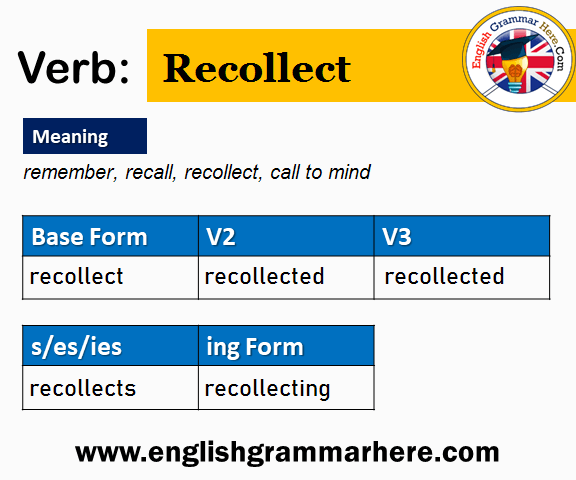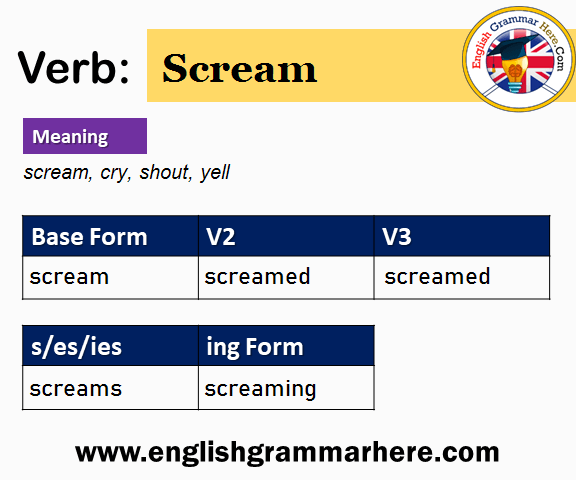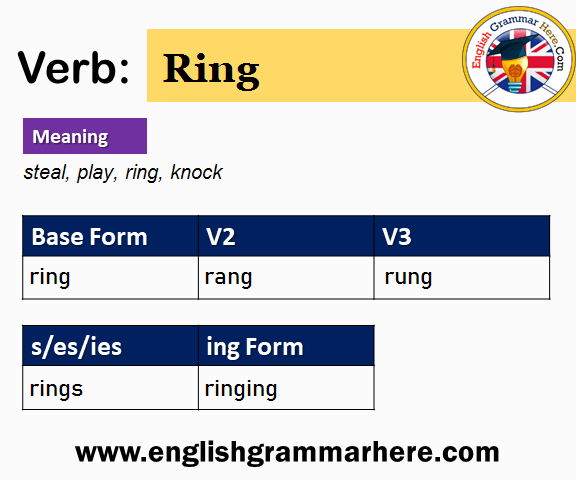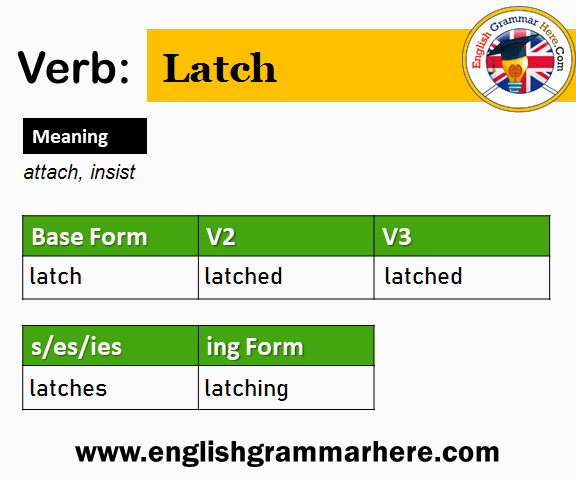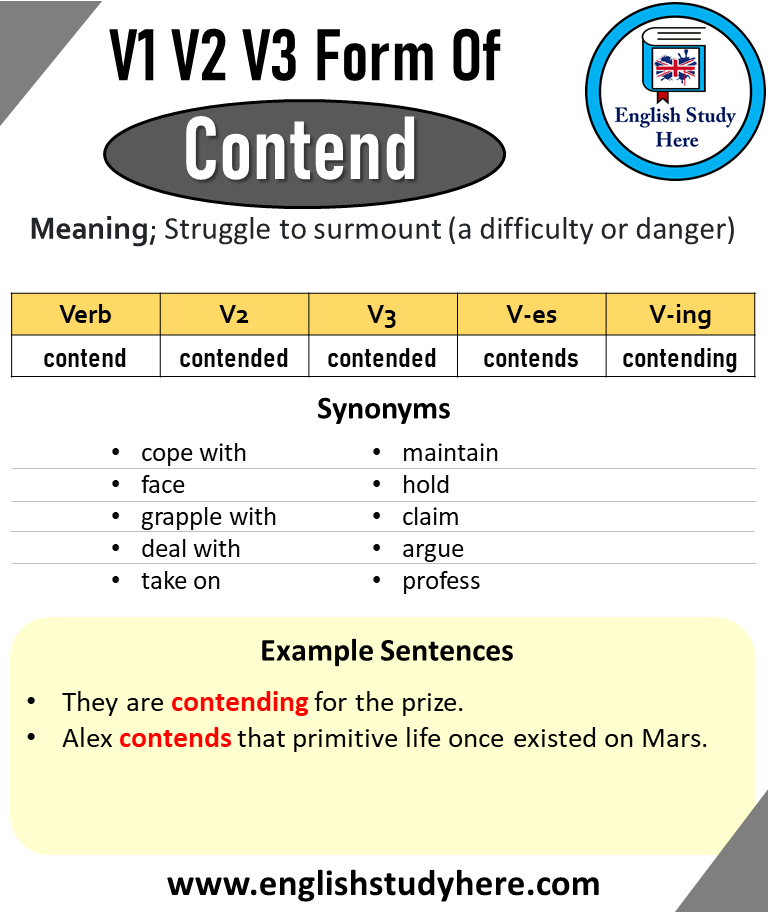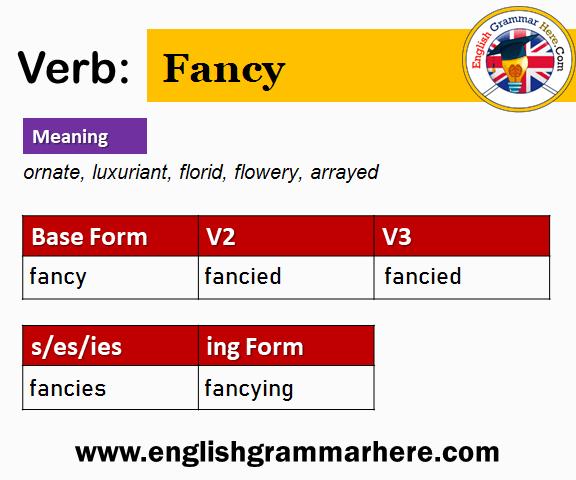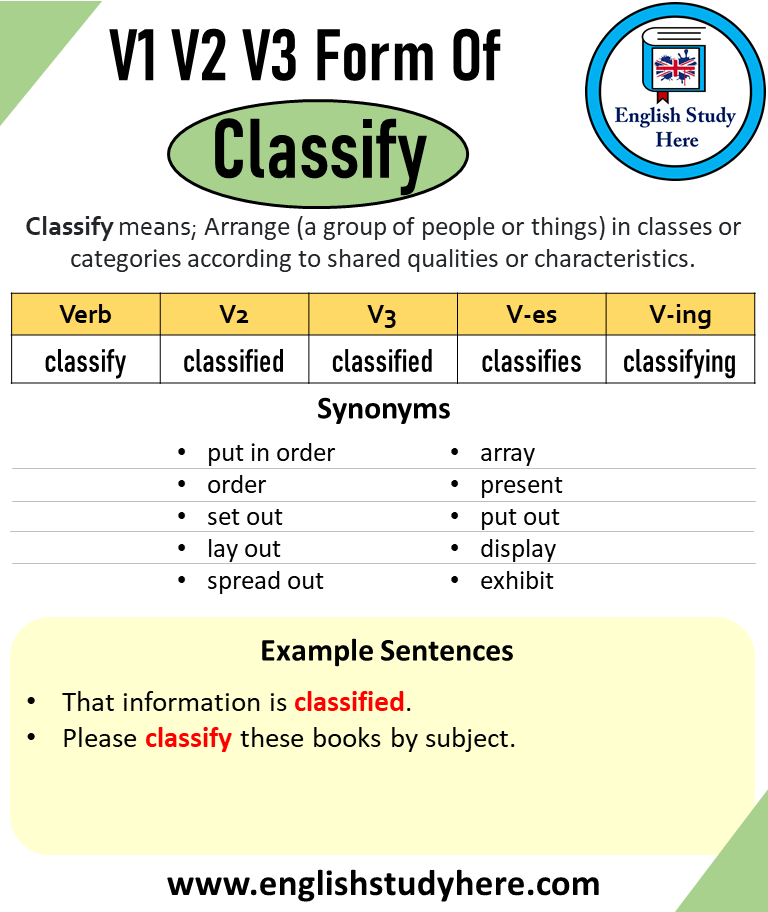Recollect Past And Past Participle Form V1 V2 V3 V4 V5 Form of Recollect
Have you ever found yourself stuck trying to remember the correct forms of verbs in English? You’re not alone!
The English language can be tricky, especially when it comes to verb forms. Today, we’re diving into the word “recollect” and its different forms: V1, V2, V3, V4, and V5. Understanding these can make a huge difference in how you express yourself.
Imagine being able to communicate more clearly and confidently, without second-guessing your verb choices. By the end of this article, you’ll have a clear understanding of how to use “recollect” in its various forms. This knowledge will not only enhance your language skills but also boost your confidence in everyday conversations or writing tasks. So, why does this matter to you? Mastering verb forms can improve your communication and make your interactions more effective. Whether you’re writing an email, crafting an essay, or simply chatting with friends, knowing the correct forms of “recollect” will make your language sound more polished and professional. Let’s explore these forms together, and transform your English skills!

Credit: englishgrammarhere.com
Recollect Verb Forms
The verb “recollect” changes in different forms. V1 is the base form, which is “recollect”. V2 is the past simple form, “recollected”. V3 is the past participle, also “recollected”. V4 is the present participle or gerund form, “recollecting”. V5 is the third person singular form, “recollects”. Knowing these forms helps in forming correct sentences.
| Verb Form | Recollect |
|---|---|
| Base Form (V1) | recollect |
| Past Simple (V2) | recollected |
| Past Participle (V3) | recollected |
| Present Participle (V4) | recollecting |
| 3rd Person Singular (V5) | recollects |
Using the correct verb form is important. It makes sentences clear. This helps others understand better.
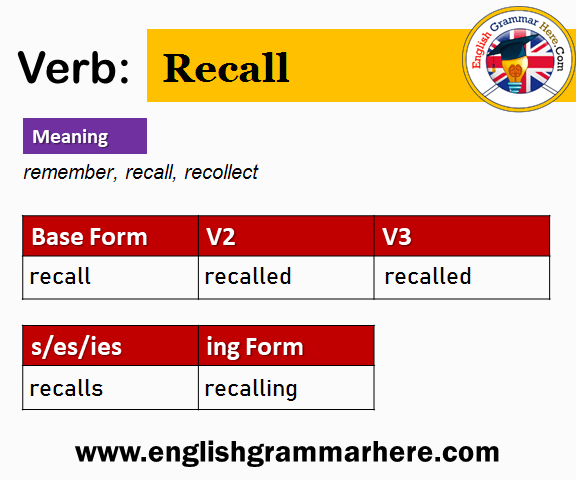
Credit: englishgrammarhere.com
Usage In Sentences
Recollect means to remember something. We use recollect in different ways. For example, “I recollect my school days often.” In the past, we say “I recollected my lost toy yesterday.” For the perfect tense, we use “have recollected many stories over time.” The continuous form is “I am recollecting old memories now.” The future form is “I will recollect our trip next week.”
Recollect helps us think about the past. Kids often recollect fun moments. Friends recollect adventures together. Parents recollect their children’s first steps. Recollect can be used in stories too. It brings back joyful times. Recollect makes us smile.
Common Mistakes
Many struggle with verb forms. Recollectcan be tricky. Its forms are: V1 is recollect, V2 is recollected, and V3 is recollected. Students often mix these up. V4 is recollecting, used for ongoing actions. V5 is recollects, used for third-person singular. Learning these forms helps. Mistakes happen when forms are used wrongly. Practice makes perfect. Use them in sentences. This builds confidence. It’s important to get these right. Mistakes can confuse readers. Keep it simple. Focus on one form at a time. This helps in understanding. With time, it gets easier. Remember the rules. They guide usage correctly. Learning is fun with practice.

Credit: englishgrammarhere.com
Conclusion
Understanding the verb “recollect” is crucial for language learners. Its forms—recollect, recollected, recollected—are simple to grasp. Practice using these forms in sentences. This helps improve your English skills effectively. Regular use makes learning fun and easier. Keep exploring verbs to enhance your vocabulary.
Progress may seem slow, but every step counts. Stay curious and keep learning. Your efforts will pay off in time. Language learning is a journey, not a race. Enjoy every moment of it.
